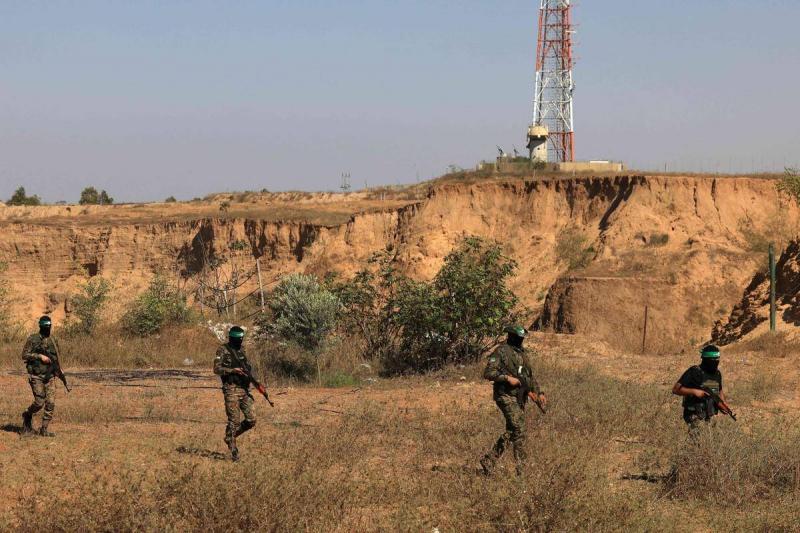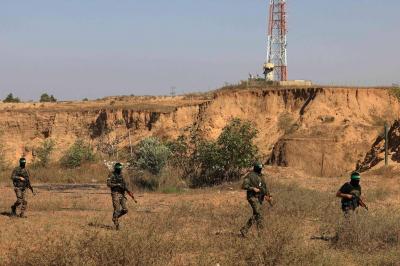The American newspaper The Wall Street Journal reported that Qatar and Egypt have recently informed Hamas leaders that they face the possibility of arrest, asset freezes, sanctions, and expulsion from their refuge in Doha if they do not agree to a ceasefire with Israel. According to the newspaper, these threats were made at the request of U.S. President Joe Biden's administration, which is seeking a way to persuade Hamas to reach an agreement needed by the president amid a political whirlwind regarding the war, and had the opposite effect intended.
On Thursday, following the threats, Hamas leader Ismail Haniyeh, head of the movement's political bureau in exile in Qatar, stated that he would not agree to a deal that does not meet the movement's conditions. Haniyeh, conveying a message from the movement's key leader in Gaza, Yahya Sinwar, mentioned that the current proposal—put forth by President Biden himself in a press conference a week prior—was unacceptable to Hamas as it does not guarantee an end to the war.
Hamas's response is the latest hurdle to Biden's efforts to revive long-stalled negotiations toward an agreement that would halt the fighting in Gaza and secure the release of Israeli hostages held by Hamas in exchange for the release of Palestinian prisoners from Israeli jails.
In a phone call on Monday, Biden urged the Emir of Qatar, Sheikh Tamim bin Hamad Al Thani, to "use all appropriate measures to ensure Hamas's acceptance of the agreement," according to a statement from the White House. U.S. officials indicated they have not received a definitive answer from Hamas regarding the revived ceasefire proposal. National Security Council spokesman John Kirby stated: "We are still waiting for an official response from Hamas," adding, "We have seen some public comments, but we do not take them as formal or confirmatory in any way."
According to the newspaper, this week's warning marks the first time Qatar has threatened to expel Hamas leaders from their base in Doha, where they have been operating for over a decade. Qatari officials warned earlier in March that Hamas leaders would face expulsion if they did not accept the ceasefire agreement.
One official familiar with the negotiations commented, "They know that Qatar will have no choice but to expel them if the Americans ask them to do so." Biden played an active role in negotiations that led to a week-long ceasefire between Israel and Hamas in November, which also resulted in the release of over 100 hostages in exchange for the release of Palestinian prisoners. Following the collapse of that truce, both sides engaged in months of unproductive indirect negotiations.
Daniel Levy, a former Israeli official and negotiator, confirmed that the current round of negotiations is at risk of repeating the failures of previous rounds. He stated, "Biden's rhetoric seems to present a puzzling possibility of breaking the deadlock by outlining a path to a permanent ceasefire that ties together all stages." He added, "Once Netanyahu opposed the first phase of the path toward a permanent ceasefire, the United States failed the test and capitulated. By failing to affirm the clear link to a permanent ceasefire, the Biden administration has returned us to a predictable path."




